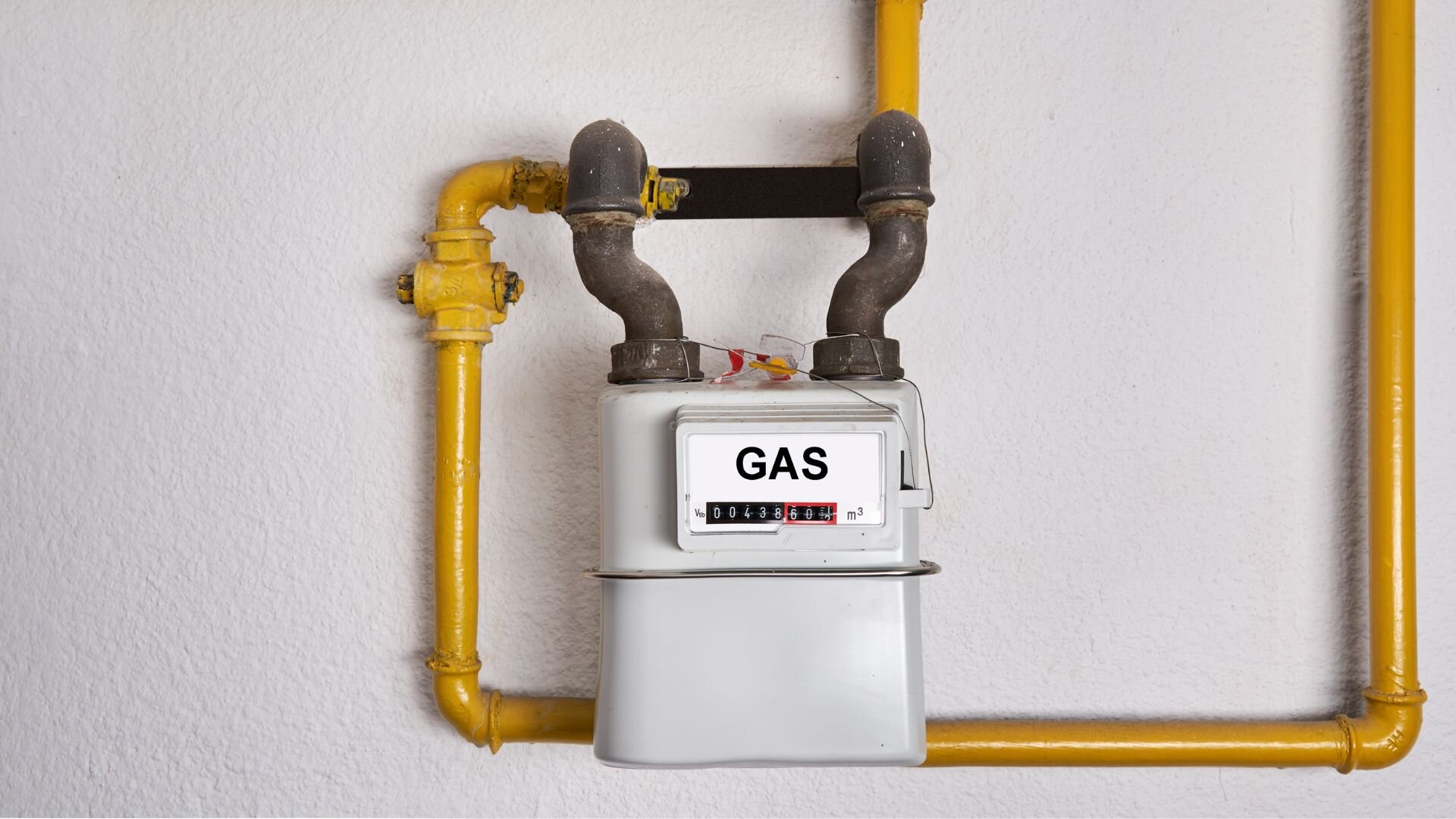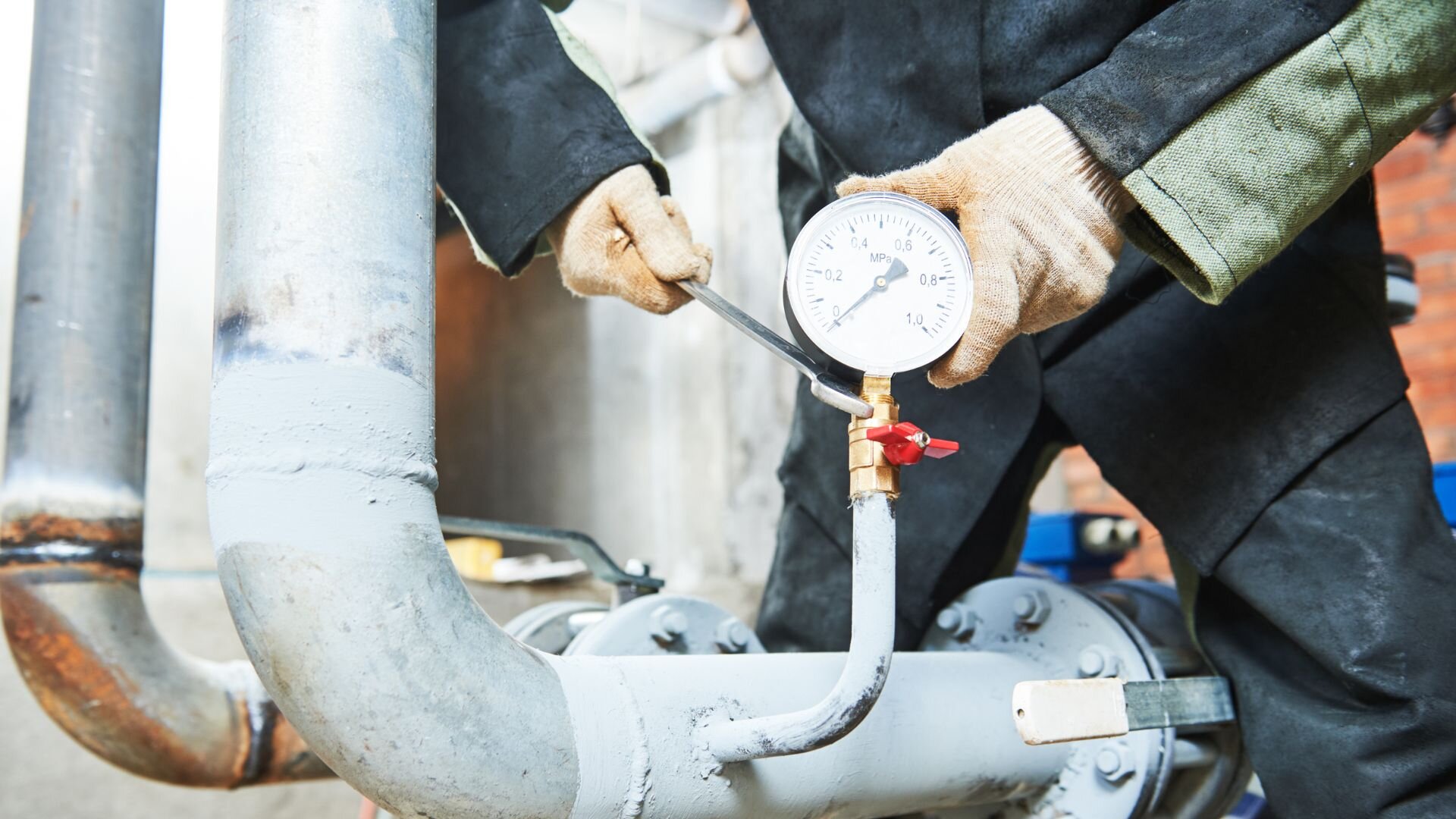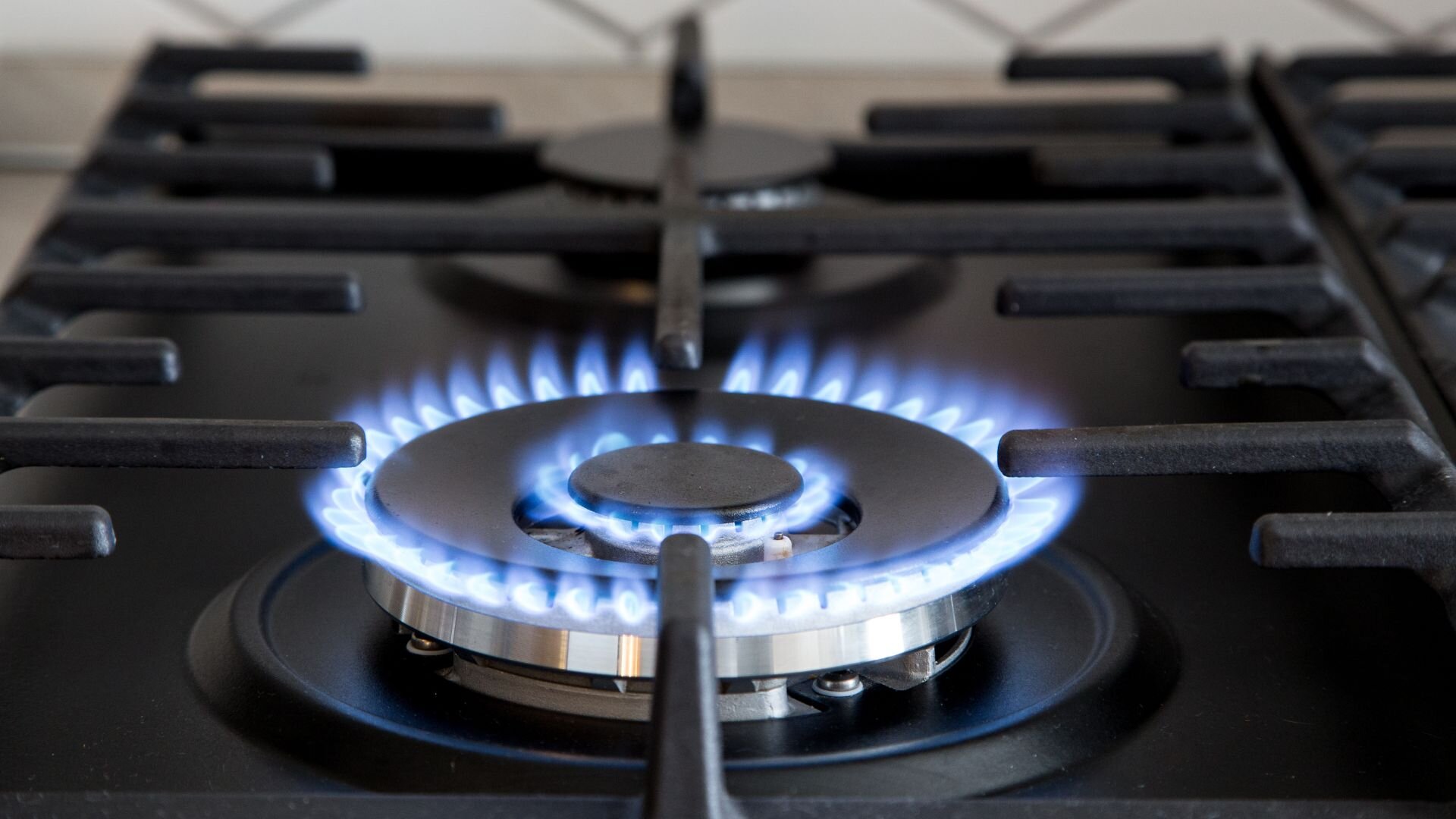Picking the right fuel for your home or business impacts your budget, comfort, and the environment. Natural gas and propane are top choices in the energy world. They’re praised for being efficient and cleaner than other fossil fuels, but each has unique traits and benefits.
In this blog, we’ll explore natural gas and propane, comparing them side-by-side to highlight their differences. We’ll look at the pros and cons, examine their environmental impacts, and discuss safety and cost to help you make the right choice for your energy needs.

Whether you’re building a new home, changing your energy source, or just curious, this guide will highlight what sets natural gas and propane apart. Let’s dive into these popular fuels, helping you make a confident choice.
What is Natural Gas?
Natural gas is a fossil fuel formed from the remains of plants and animals that lived millions of years ago. It primarily comprises methane, a simple hydrocarbon, but also contains small amounts of other gases such as ethane, propane, butane, and nitrogen.
It’s a highly versatile energy source, used for heating, electricity generation, and fueling vehicles. It’s seen as a cleaner-burning alternative to other fossil fuels, emitting less carbon dioxide.
Liquefied natural gas is extracted from underground rock formations or associated with other hydrocarbon reservoirs and transported via a vast network of pipelines to homes, power plants, and businesses. Its convenience and relatively lower emissions profile have made it a staple energy source in modern society.
What is Propane?
Propane, or liquefied petroleum gas (LPG), comes from processing natural gas and refining crude oil. Unlike natural gas, which is mostly methane, propane is a three-carbon alkane (C3H8), making it more energy-dense.
It is stored and transported in liquid form under pressure in propane tanks, making it a versatile fuel for areas that lack infrastructure for natural gas pipelines. Propane is widely used for heating, cooking, and as fuel for certain vehicles, providing a portable and clean-burning energy source. It’s particularly favoured in rural and remote locations where it is the primary energy source for heating and appliances due to its ability to be stored in large tanks and used without a direct connection to a pipeline.
Key Differences Between Natural Gas and Propane
When choosing an energy source for heating, cooking, or fueling appliances, homeowners and businesses often find themselves deciding between natural gas and propane. While both fuels are commonly used and have similar applications, they differ significantly in terms of chemical structure, accessibility, storage requirements, and infrastructure needs. Understanding these differences is crucial for making an informed decision that aligns with your specific energy needs, location, and preferences.

Chemical Composition
Natural Gas: Primarily composed of methane (CH4), natural gas has a simple chemical structure. This composition allows it to burn very cleanly, emitting primarily water vapour and carbon dioxide, and it requires less processing before use.
Propane: Propane, or C3H8, is part of the hydrocarbon gas liquids (HGLs) category, including a mix of heavier gaseous hydrocarbons. Propane has a higher energy content per cubic foot than natural gas due to its more complex chemical structure, which means it can produce the same amount of heat as natural gas but in smaller volumes.
Accessibility and Storage
Natural Gas: It is often delivered directly to homes through an extensive network of pipelines, making it a convenient option for those living in areas with the necessary infrastructure. However, this also means its availability is limited to regions serviced by the gas distribution network.
Propane: Propane can be stored in small portable canisters or large permanent tanks. This storage flexibility makes propane accessible in areas without natural gas pipelines, providing a viable energy option for remote or rural locations. The tanks must also be refilled periodically by a local supplier, adding a delivery component to its use.
Installation and Infrastructure
Natural Gas: The infrastructure for natural gas requires a connection to municipal gas lines, which involves running a line directly to the home or site of use. This setup is generally more permanent and less visible, as the pipelines are underground. Professionals must do the installation to ensure safety, and the cost can vary depending on the distance from the main pipeline.
Propane: Setting up a propane system involves installing a storage tank on the property, which can be above or below ground. This requires sufficient space and proper placement, following safety regulations. The propane supplier usually handles the installation, and the cost can include the propane tank itself, any necessary site preparation, and the initial propane supply.
Both natural gas and propane installations require safety measures, such as proper venting and detectors, to monitor for natural gas leaks. Each system also needs specific maintenance to ensure efficient and safe operation over time. By understanding these key differences in chemical composition, accessibility, storage, and infrastructure, consumers can make choices that best suit their energy needs and circumstances.
Pros and Cons of Natural Gas

Natural gas is a widely used fuel source with several advantages and drawbacks. On the plus side, natural gas prices are typically more cost-effective than propane gas, especially in areas with developed pipeline infrastructure, due to its abundant supply and lower delivery cost.
It’s also convenient, providing a continuous supply that eliminates the need for scheduling deliveries or monitoring storage levels. In terms of combustion, natural gas burns cleaner than many other fossil fuels, producing fewer sulphur, carbon, and nitrogen emissions. However, natural gas does have its cons.
It requires an extensive pipeline infrastructure, which can disrupt installation and limit availability to areas with established pipelines. There’s also the risk of leaks, which can be dangerous due to natural gas being flammable and potentially explosive. In addition, as a fossil fuel, it’s not a renewable energy source, and while cleaner than coal or oil, it still contributes to greenhouse gas emissions.
Pros and Cons of Propane
Propane is a popular green fuel choice for many households and businesses, valued for its high energy efficiency and portability. One of the primary advantages of propane is its higher British Thermal Units (BTUs) output compared to natural gas, which means it provides more energy per unit and can heat spaces or water more quickly.
Propane’s portability allows it to be used in areas without access to natural gas pipelines, making it an essential energy source for rural or off-grid living. Propane burns cleanly, producing fewer greenhouse gases than gasoline, diesel, and other energy sources.
However, there are some downsides. Propane usually needs a storage tank on your property, which can be unsightly and take up space. These tanks also require regular refilling, making them less convenient than the continuous supply from a natural gas pipeline.
Propane can be more expensive than natural gas, depending on the market and region, and the upfront costs for tank installation and initial fuel purchase can add to the expense. Lastly, similar to natural gas, propane is highly flammable, and leaks can present a risk of explosion, necessitating stringent safety measures.
Choosing Between Natural Gas and Propane
Both propane and natural gas offer distinct advantages and drawbacks, and the decision between the two ultimately hinges on your specific energy needs, location, and personal preferences.
Natural gas is convenient and often more affordable for those connected to a municipal natural gas line, but its infrastructure is only sometimes available. On the other hand, propane offers higher energy efficiency and greater flexibility in terms of installation location, making it ideal for those in rural areas or without access to natural gas.
Understanding the differences between natural gas and propane is essential when considering the energy solutions for your home or business. It’s important to weigh factors such as cost, energy needs, availability, and environmental impact. Safety is also a paramount concern with both fuels, as proper installation and maintenance are vital to prevent potential hazards.
If you find yourself at a crossroads trying to choose between natural gas and propane, don’t hesitate to reach out for professional advice. Big Blue Plumbing is dedicated to providing you with the information and services you need to make the best choice for your situation.
We can help you install, maintain, and repair propane and natural gas appliances. With our expertise, we’ll assess your energy needs, discuss installation details, and answer any safety or environmental questions.



